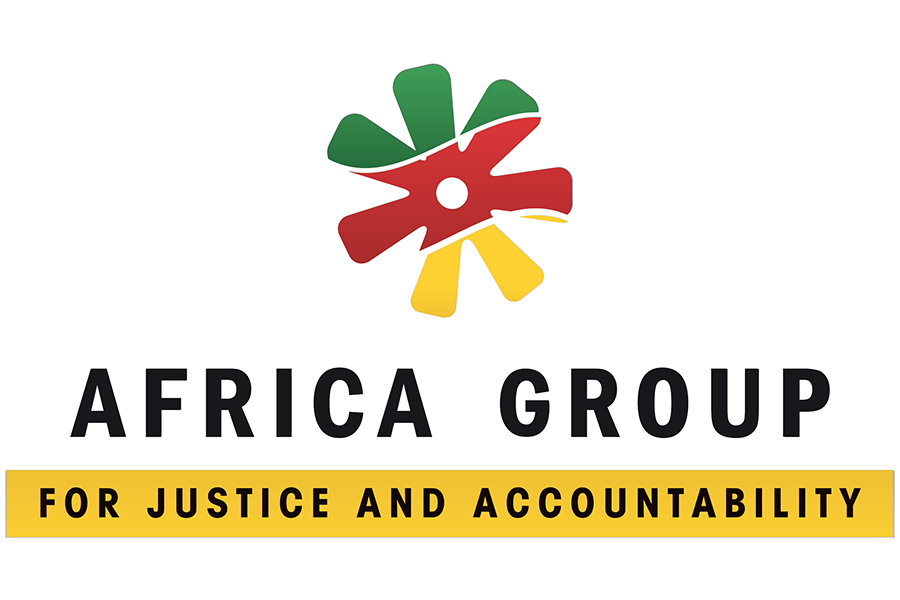AGJA Statement, 19 August 2024
The Africa Group for Justice and Accountability (AGJA) calls on African states to engage productively and supportively in the ongoing negotiations over a Crimes Against Humanity Treaty. Such a treaty would offer an important additional tool for those engaged in the fight against international crimes around the globe.
At the 79th session of the UN General Assembly’s Sixth Committee which will take place later this year, the Draft Articles on the Prevention and Punishment of Crimes Against Humanity prepared by the International Law Commission will be discussed and debated. Should states proceed and the treaty subsequently be adopted, a stand-alone convention on crimes against humanity would join others already addressing war crimes and genocide.
Some African states have already indicated their support for treaty negotiations. AGJA lauds the position taken by these states and encourages others, especially those that have yet to adopt an official position on the matter, to support the adoption of a Crimes Against Humanity Treaty and engage productively in building consensus on adopting the treaty during this year’s meetings of the General Assembly’s Sixth Committee.
—
The Africa Group for Justice and Accountability (AGJA) is an independent group of senior African experts on international criminal law and human rights, members of international and domestic tribunals, and human rights advocates that came together in November 2015 to strengthen justice and accountability in Africa. It comprises senior African experts on international criminal law and human rights, including political figures, members of international and domestic tribunals, and human rights advocates. The Wayamo Foundation is the group’s secretariat and convener.
Its current members are:
DAPO AKANDE (Nigeria) Professor of Public International Law, University of Oxford
FATOU BENSOUDA (The Gambia) Former Chief Prosecutor of the International Criminal Court
RICHARD GOLDSTONE (South Africa) Former Chief Prosecutor of the United Nations International Criminal Tribunal for Rwanda and the former Yugoslavia
HASSAN BUBACAR JALLOW (The Gambia) Chief Justice of the Gambia, former Prosecutor at the In- ternational Criminal Tribunal for Rwanda and International Residual Mechanism for Criminal Tribunals
AÏCHATOU MINDAOUDOU (Niger) Former United Nations Special Representative in Côte d’Ivoire, former Acting Joint UN/ AU Special Representative in Darfur, Sudan
BETTY KAARI MURUNGI (Kenya) Senior Advocate of the High Court of Kenya, transitional justice expert, and Professor of practice, SOAS
MOHAMED CHANDE OTHMAN (Tanzania) Former Chief Justice of Tanzania
NAVI PILLAY (South Africa) Former UN High Commissioner for Human Rights
CATHERINE SAMBA-PANZA (Central African Republic) Former Transitional President of the Central African Republic
FATIHA SEROUR (Algeria) Former Deputy Special Representative of the UN Secretary General in Somalia and member of the Global Women Leaders Voices for Change and Inclusion
ABDUL TEJAN-COLE (Sierra Leone) Former Executive Director of the Open Society Initiative for West Africa


